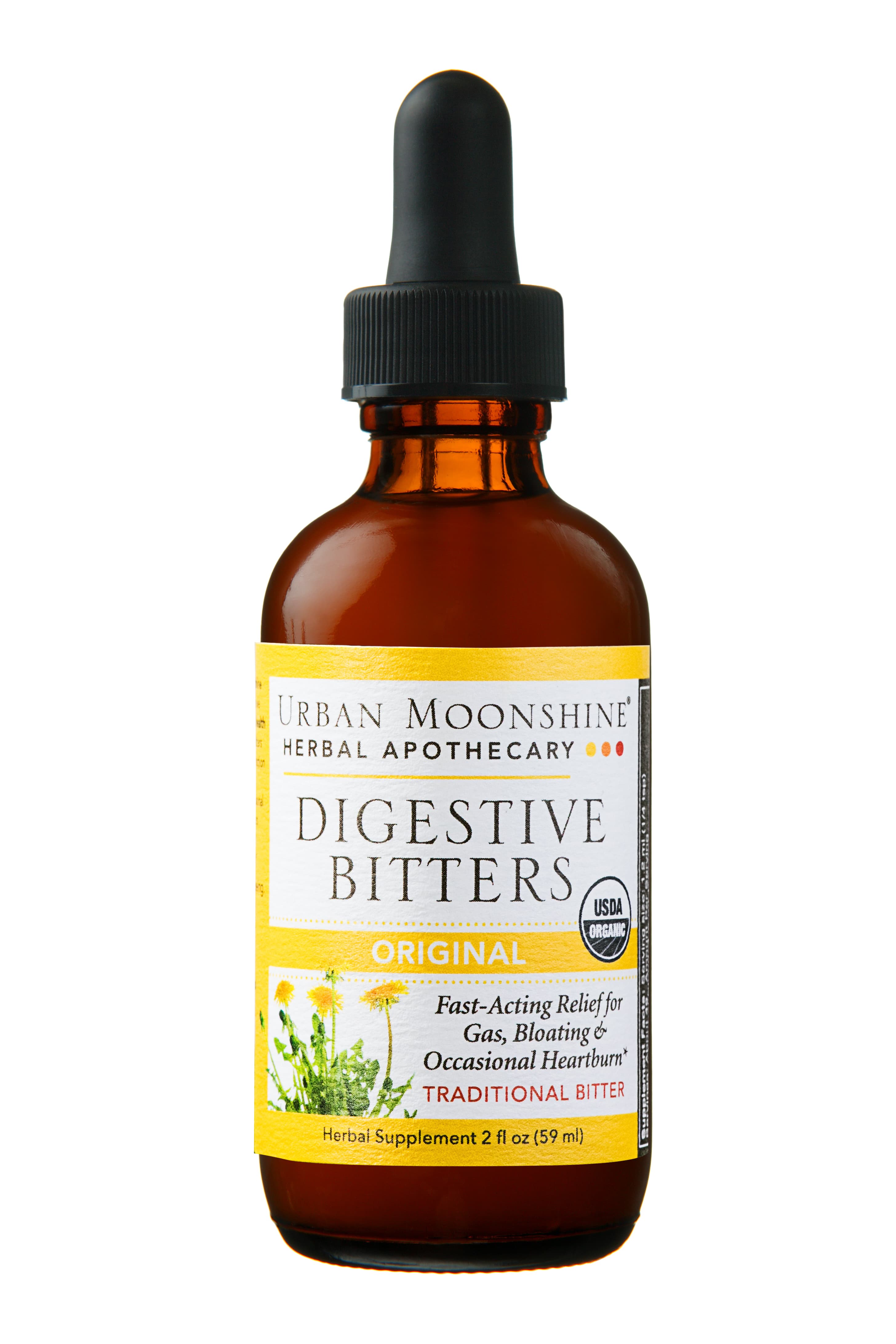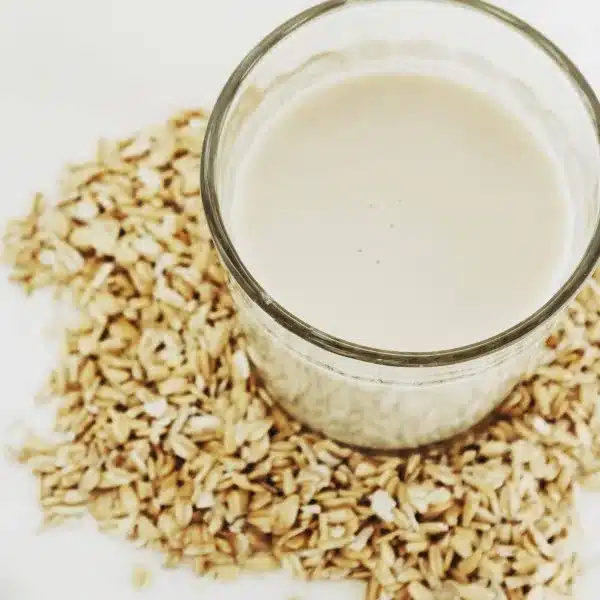4 Eating Tips to Avoid Fall Illnesses
Written by:
Suzanne Weaver-Goss
11/21/2017

Updated: 09/29/2023
Looking for a different guide? Browse them all HERE.
The season of “school bugs” is upon us. Are you already fed up with runny noses, coughs, and stomach bugs?
In my last post I shared five strategies for staying healthy during the school year and promised that I’d follow up with some specific food tips. When it comes to staying healthy and recovering from illness, you really can’t ignore the importance of diet—for adults and kids alike.
But first I have to confess that I struggle with giving broad nutrition tips because people can be so different. In my decades-long learning about nutrition, I’ve learned over and over again that there is no single diet that’s optimal for everyone. And even if you find a way of eating that works really well for you, it will probably change with the seasons of the year and the seasons of life!
However, there are some basic things that apply to everyone, or at least the vast majority of us. Here are my top four eating tips to avoid cold-weather illnesses:
1. Eat More Warm Foods
Have you noticed that as fall sets in, you’re less excited about raw salads and frozen smoothies? Cooked foods are often easier to digest, especially in the cold months, when our bodies want to slow down. The better you digest your food, the more nutrients you derive from it. You can’t beat a good soup or stew for a satisfying and nutritious meal this time of year.
Tip: Outwit picky eating by packing a lot of veggies into a soup or stew, and pureeing it a little (or a lot!).
2. Eat More Probiotic Foods

These days we hear a lot about “gut health.” The more experts learn about the complex landscape of the gut, the more we understand that what goes on “down there” can affect everything from mood to weight to immunity.
You can help your gut keep you healthy by eating a variety of probiotic foods like sauerkraut, yogurt (dairy or vegan), and other fermented foods. For my favorite, super-simple sauerkraut recipe, plus info on probiotic supplements, check out this post.
Tip: Give your digestion an extra boost with Urban Moonshine Digestive Bitters. (Usually I take some before a meal, but if I’ve eaten too much (Thanksgiving!) or dined on something’s just not agreeing with me, I’ll take some after the meal.)
3. Eat Less Problematic Foods
When we eat foods that don’t agree with us—foods to which we have a dietary sensitivity, and/or foods that are just hard for us to digest—we add unnecessary stress to our bodies.
You can reduce the burden on your body and help your immune system be at its best by avoiding problematic foods, whatever they are for you. This can be a really individualized thing. I won’t say that everyone should avoid gluten or dairy, because they’re not problematic for everyone, but if you’re not sure, try going without for a while, and see how you feel.
Tip: Pretty much everyone can benefit from avoiding foods that contain pesticides, antibiotics, hormones, and GMOs. Buy organic whenever you can.
4. Eat Less Refined Sugar

Too much sugar can suppress our immune systems and feed unhealthy bacteria in the gut. But if you’re like most of us, cold weather increases your cravings for sweet things. The fact that sweets surround us from Halloween through the December holidays doesn’t help!
Unless you have a specific health problem, you don’t have to give up sweets altogether. I simply recommend that you be mindful of your sugar intake. Whether you’re an adult or a kid, sweets should be a treat, not a dietary staple. For healthier sweets, focus on fruit and natural sweeteners (like maple syrup or honey).
Tip: For healthy dessert recipes and inspiration, check out my posts on gut-friendly desserts, holiday cookies to bake with kids, and shockingly delicious baked apples.
What are your go-to foods for keeping yourself and your family healthy through the cold months of the school year? Please share in the comments below.
Here’s to a healthier fall and winter,


Suzanne, Certified Holistic Health Coach
Note: This article contains affiliate links or sponsored content, which means that if you make a purchase, we may earn a commission. We only recommend products that meet our strict standards for non-toxicity and that we use (or want to use!) ourselves. Thank you so much for supporting the brands that make Good Stuff!





Leave a Reply
You must be logged in to post a comment.